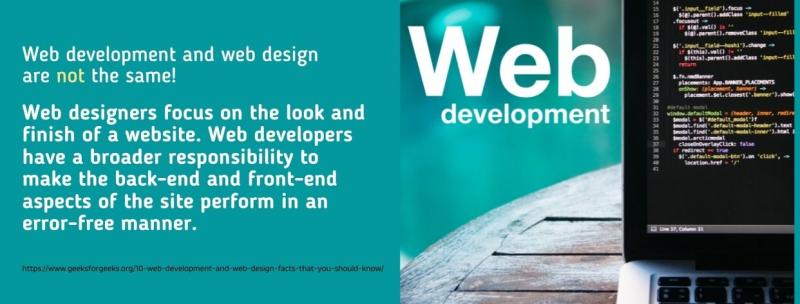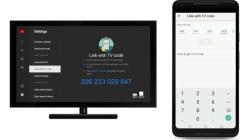What degree do you need to become a web designer?
Becoming a web designer typically does not require a specific degree, and many professionals in this field have diverse educational backgrounds. Instead of a strict degree requirement, employers often focus on a candidate's skills, portfolio, and relevant experience. However, having formal education in a related field can be beneficial and may enhance your skill set. Here are some common educational paths for aspiring web designers:
Bachelor's Degree in Web Design or a Related Field:
- Some individuals pursue a bachelor's degree in web design, graphic design, digital media, computer science, or a related field. These programs often cover design principles, user experience (UX) design, coding languages, and other relevant topics. A degree in web design or a related field can provide a strong foundation for a career in web design.
Associate Degree or Certificate Programs:
- There are also shorter-term programs, such as associate degrees or certificate programs, that focus specifically on web design. These programs are more concentrated and may provide a quicker entry into the field. They are often available at community colleges, technical schools, or online learning platforms.
Self-Taught and Bootcamps:
- Many successful web designers are self-taught or have completed coding bootcamps and intensive training programs. These programs often focus on practical skills and may include hands-on projects to build a portfolio. They are suitable for individuals who prefer a more accelerated and hands-on learning approach.
Relevant Coursework:
- Even if you don't pursue a formal degree, you can take individual courses or workshops to build specific skills. Online platforms such as Udemy, Coursera, and Skillshare offer courses in web design, HTML, CSS, JavaScript, and other related topics.
Build a Strong Portfolio:
- Regardless of your educational background, having a strong portfolio is crucial for landing a job in web design. Create and showcase projects that demonstrate your design skills, coding abilities, and understanding of user experience.
Stay Updated on Industry Trends:
- The field of web design is dynamic, with technologies and design trends evolving rapidly. Stay informed about the latest industry trends, tools, and best practices. Continuous learning through self-study or participation in online communities can be valuable.
It's important to note that job requirements can vary, and some employers may prioritize practical skills and experience over formal education. When seeking employment as a web designer, pay attention to job postings and the specific qualifications and skills that employers are looking for.
Ultimately, whether you pursue a formal degree or opt for alternative education paths, building a strong portfolio, gaining hands-on experience, and staying current with industry trends are key factors in establishing a successful career in web design.
What educational background is required to pursue a career in web design?
The educational background required for a career in web design can vary depending on the specific role and desired level of specialization. However, there are several common paths:
Formal Education:
Associate's Degree: Many aspiring web designers begin with a two-year associate's degree in web design, graphic design, or a related field. These programs provide a solid foundation in the technical and creative skills needed for web design, including:
- HTML, CSS, and JavaScript programming languages
- User interface (UI) and user experience (UX) design principles
- Web design software like Adobe Photoshop, Illustrator, and Sketch
- Web development principles and frameworks
Bachelor's Degree: A four-year bachelor's degree in web design, computer science, or graphic design can provide a more in-depth understanding of the field and open doors to higher-level positions. Additional courses in marketing, business, and communication can also be valuable assets.
Bootcamps and Online Courses: Intensive bootcamps and online courses offer a faster and more flexible option for learning the necessary skills. These programs often focus on specific technologies and frameworks in demand, preparing you for immediate entry-level positions.
Self-Learning:
- Self-taught web designers: While not as common, some successful web designers have honed their skills through self-learning and independent projects. This path requires discipline, dedication, and the ability to stay up-to-date with the constantly evolving web technologies.
Regardless of the educational path, a strong portfolio showcasing your design skills and problem-solving abilities is essential. This can include personal projects, freelance work, or contributions to open-source projects.
Here are some additional factors to consider:
- Specialization: Web design is a diverse field with various specializations like front-end development, back-end development, user experience design (UXD), user interface design (UI design), and content strategy. Identifying your area of interest can help guide your educational choices.
- Experience: Internships and freelance work provide valuable real-world experience and help you build your portfolio.
- Soft skills: Communication, collaboration, critical thinking, and problem-solving are essential skills for web designers.
Ultimately, the educational background you choose should be tailored to your individual goals, learning style, and financial resources. Research different programs, talk to working professionals, and explore online resources to find the best path for you.
I hope this information helps you navigate your journey towards a fulfilling career in web design!












